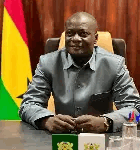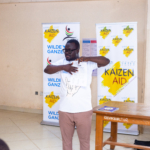
For International Day of Sign Languages on September 23, 2025, Kaizen Aid collaborated with the West African Civil Society Institute and Wilde Ganzen to mark the day at the Cape Coast School for the Deaf and Blind, engaging sixty pupils in reading and spelling activities as part of its “Inspired to Read” project.
The day was recognised with the theme, “No human rights without sign language”, stressing the vital role of sign language in ensuring equality, inclusion, and dignity for deaf persons.
In an interview, the programmes director for Kaizen Aid, Anthony Asante Addo, highlighted the significance of the day and indicated why Kaizen Aid marked the day at the inclusive school.
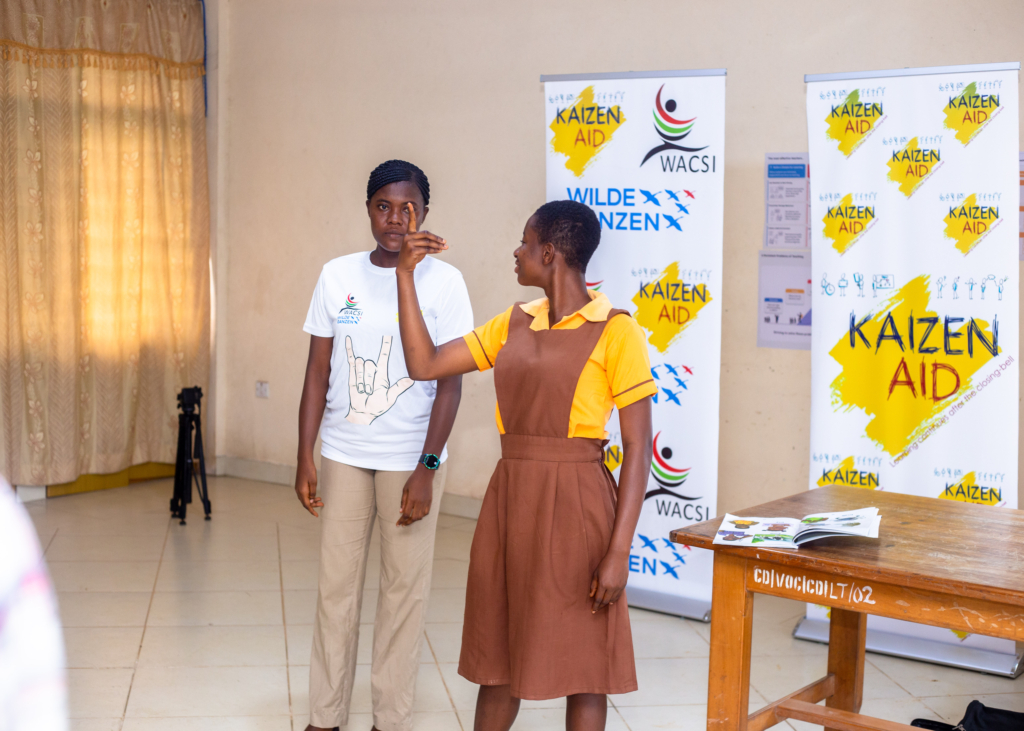
“The International Day of Sign Languages is an opportunity to celebrate and support the linguistic identity of the deaf community, which is sign language. We are here to commemorate this day, and educate and empower the deaf learners at the school to develop a habit of reading and trying their best to learn all the sign languages they come across. That will help them improve their knowledge and vocabulary. Today, we engaged the learners in basic spelling as well as crossword puzzles to enable them to learn new words to improve their vocabulary knowledge. This programme is in line with the “Inspired to Read” project, which is being implemented by Kaizen Aid in partnership with West African Civil Society Institute and Wilde Ganzen to help deaf learners improve their reading, text comprehension and vocabulary knowledge.”
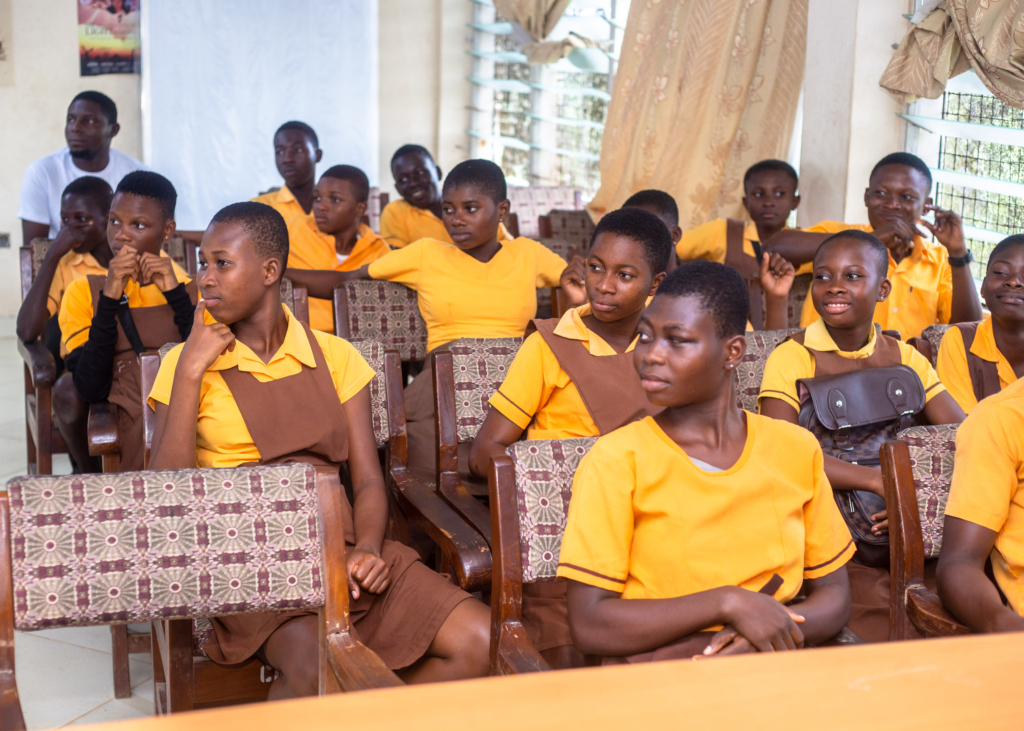
On whether sign language should be considered as an official language of Ghana, he stated,
“Looking at the Western world, sign language is not an official language there. But they promote and ensure that it is a language that is embraced by all. So, over here, I will advocate that, at least, we learn some basic signs. So, that whenever we come into contact with a deaf or a hard-of-hearing person, we can say “hello” and communicate with them nicely. For them to also feel welcomed and accepted wherever they go.”
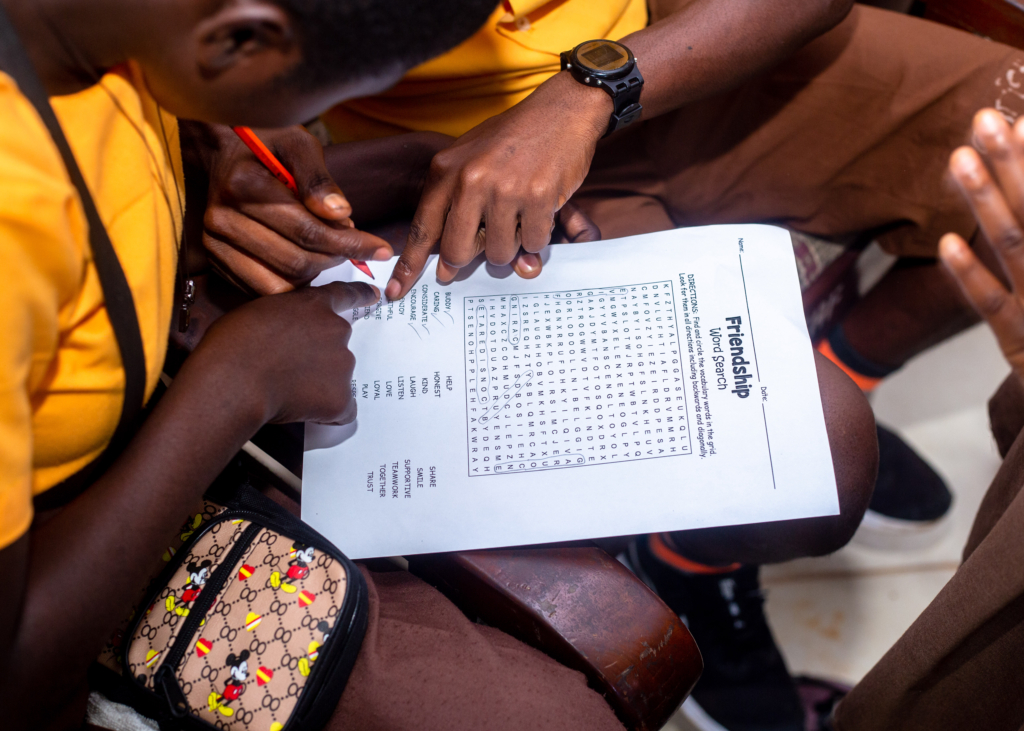
The International Day of Sign Language is commemorated to raise awareness about the essence of sign languages and support the rights and identity of deaf people, aiming at promoting inclusion and accessibility, and advocating equal opportunities for sign language users.
A Social Studies and History teacher at the Cape Coast School for the Deaf and Blind, Martin Kwesi Ampofo, notes that,
“We advocate for the world to know that sign language is for deaf and hard-of-hearing people. Many people do not have an idea of how to communicate with deaf people. So, we celebrate this day to let the world know the importance of sign language. It is very important for parents to learn sign languages, just in case they give birth to a deaf child. We are pleading for Ghana to make sign language an official language just as South Africa has.”
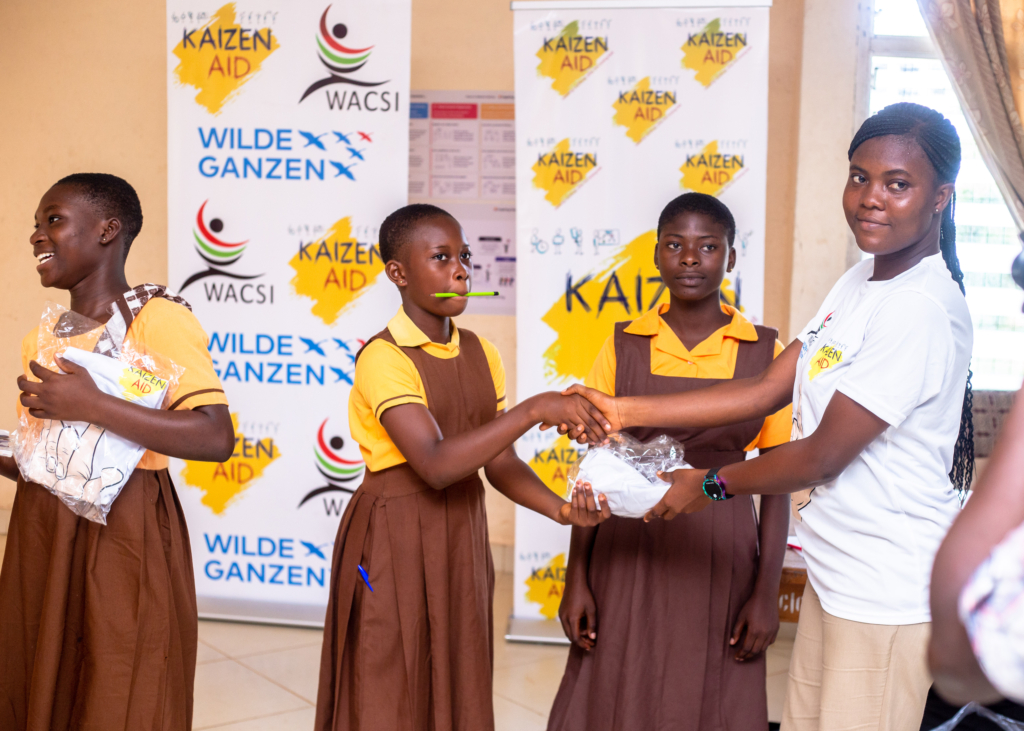
The “Inspired to Read” project, a one-year initiative, provides supplementary learning opportunities for Deaf children to partake in fun reading sessions that will enhance their vocabulary, comprehension and develop visual skills.
Manuela Koomson is a basic four teacher at the Cape Coast School for the Deaf and Blind. She stated,
“Today, we did some sign language concepts and engaged the kids in a word puzzle. We encouraged them to know that sign language is a language for the deaf, and also how to identify their deaf culture. People, especially parents, should learn the sign language to remove any communication barriers with their deaf children at home.”
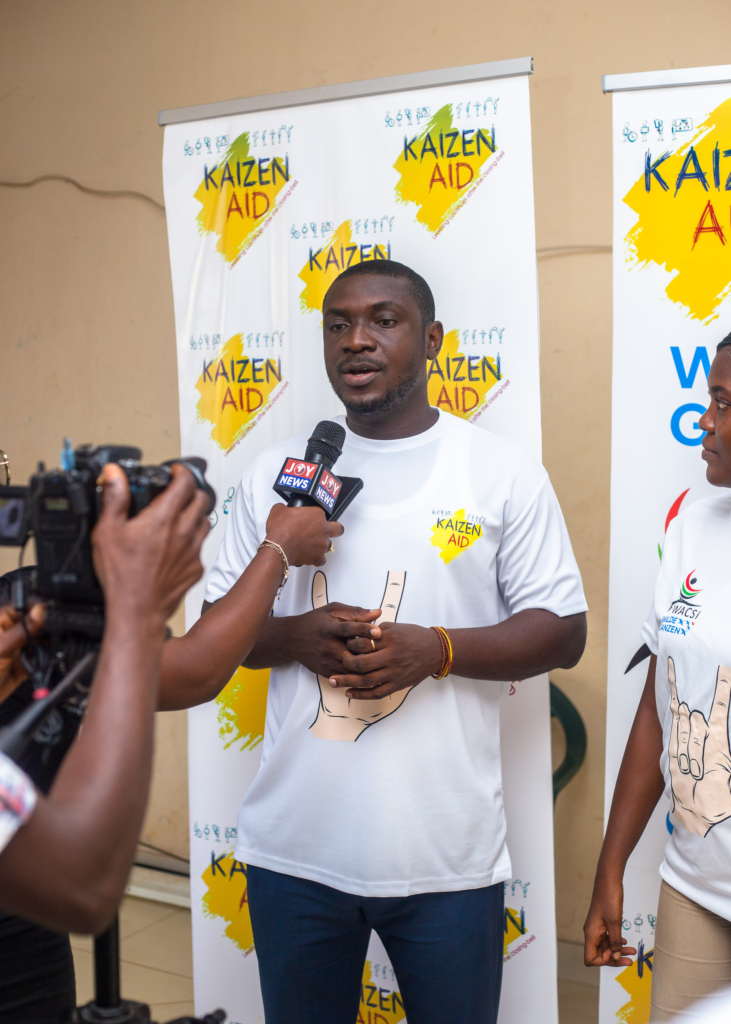
Kaizen Aid is a non-profit organisation on a mission to empower Deaf learners to understand, interpret and connect with written text by improving their reading and comprehension skills.
International Day of Sign Languages emphasises inclusion and advocates for the linguistic identity and cultural diversity of deaf people.

